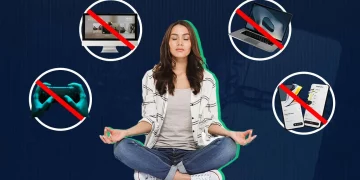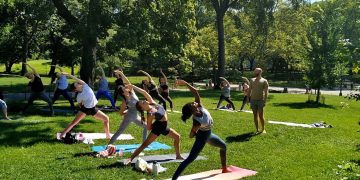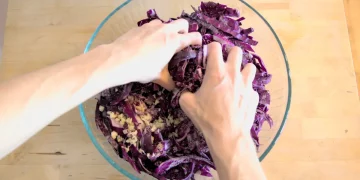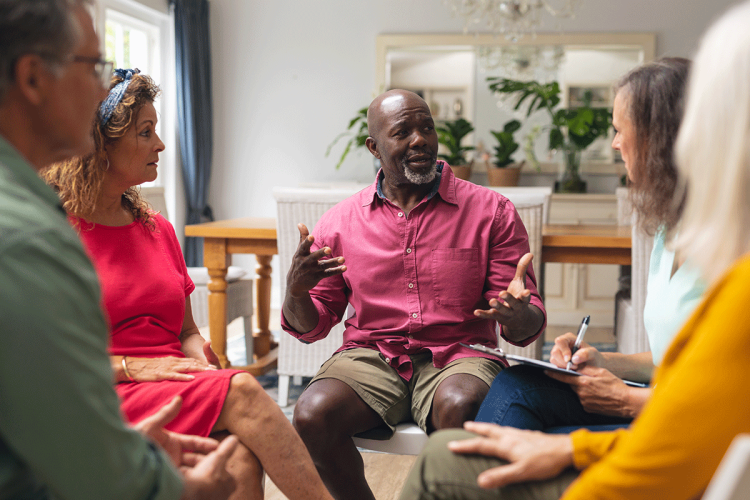Introduction
Mental health struggles often feel isolating. The weight of anxiety, depression, or trauma can make it seem like no one else understands. Yet, one of the most powerful antidotes to this loneliness is community. When people come together to share their experiences, something transformative happens—the walls of shame begin to crumble, and healing becomes a collective journey rather than a solitary battle.
At RadiantLifeBridge, we believe that open conversations about mental health can change lives. But how exactly does community support shift the narrative? How does sharing our struggles in safe spaces help us heal? Let’s explore the ways in which connection, vulnerability, and shared wisdom can reshape the mental health conversation.
The Strength in Vulnerability
For many, admitting to mental health struggles feels like admitting weakness. Society has long perpetuated the myth that emotional pain should be hidden—that “strong” people don’t ask for help. But the truth is, vulnerability is not weakness—it’s courage.
When individuals in a community share their stories, they send a powerful message: You are not alone.Hearing someone else say, “I’ve been there too,”can be life-changing. It breaks the illusion that suffering is unique to one person and replaces it with the understanding that pain is a shared human experience.
Online forums, support groups, and even casual conversations among friends create spaces where people can say, “This is hard for me,”without fear of judgment. Over time, these small acts of openness build trust and dismantle the stigma that keeps so many silent.
Resources and Shared Wisdom
Communities don’t just offer emotional support—they are also treasure troves of practical advice. Someone who has navigated therapy, medication, or self-care strategies can share what worked (and what didn’t) with others just starting their journey.
For example:
- A member might recommend a therapist who specializes in trauma.
- Another might share mindfulness techniques that helped with anxiety.
- Someone else could post about a helpful book or podcast.
This collective wisdom is invaluable because mental health care isn’t one-size-fits-all. What works for one person may not work for another, but having multiple perspectives increases the chances of finding something that doeshelp.

Expert Insight: The Power of Peer Support
Dr. Elena Martinez, a clinical psychologist, emphasizes the role of community in mental health recovery:
“While professional therapy is crucial, peer support fills a gap that clinical settings often can’t. People in similar situations validate each other’s feelings in ways that even the most empathetic therapist might not. Knowing that others have walked the same path—and survived—can be a lifeline.”
Research supports this, too. Studies show that peer-led support groups improve emotional well-being and reduce feelings of isolation. When people feel understood by others who get it, they’re more likely to stay engaged in their healing process.
Call to Action: How to Share Safely in the RadiantLifeBridge Forum
If you’re ready to be part of this supportive community, here are some guidelines to keep conversations safe and constructive:
- Be Honest but Respectful – Share your truth, but avoid graphic details that could trigger others.
- Listen Without Judgment – Everyone’s journey is different; offer empathy, not unsolicited advice.
- Protect Privacy – Avoid sharing identifiable details about yourself or others.
- Encourage, Don’t Fix – Sometimes, people just need to be heard, not “solved.”
- Use Trigger Warnings – If discussing sensitive topics (e.g., self-harm, abuse), add a warning.
By fostering a space of kindness and understanding, we can help each other heal—one story at a time.
Final Thoughts
Mental health stigma thrives in silence. But when communities step up to say, “We see you, we hear you, and you matter,”that silence is shattered. Whether it’s through online forums, support groups, or simply checking in on a friend, every act of openness chips away at the shame surrounding mental health.
So, can community support truly break the stigma? The answer is yes—but only if we keep showing up for each other.

































